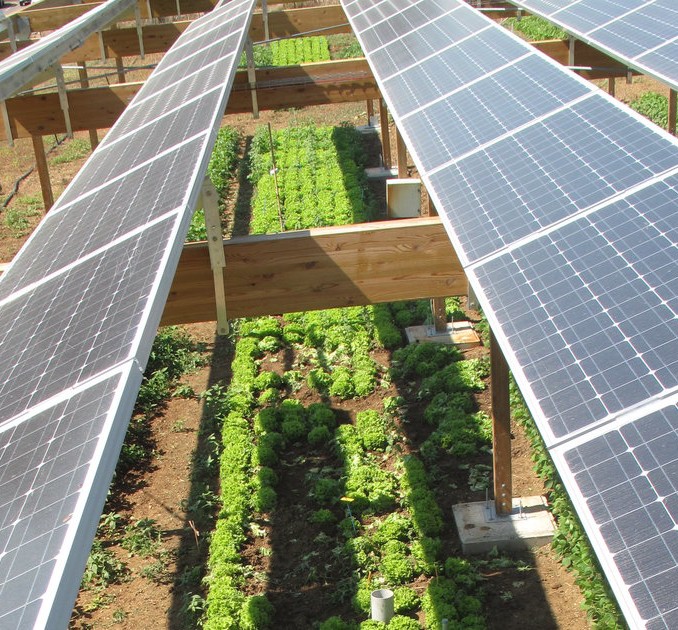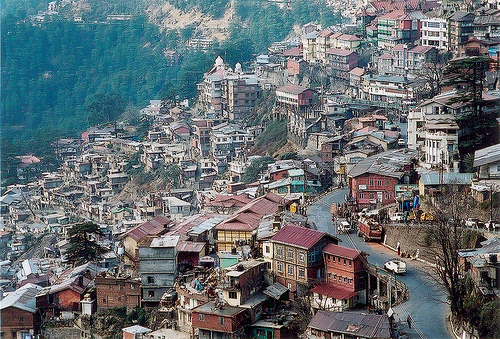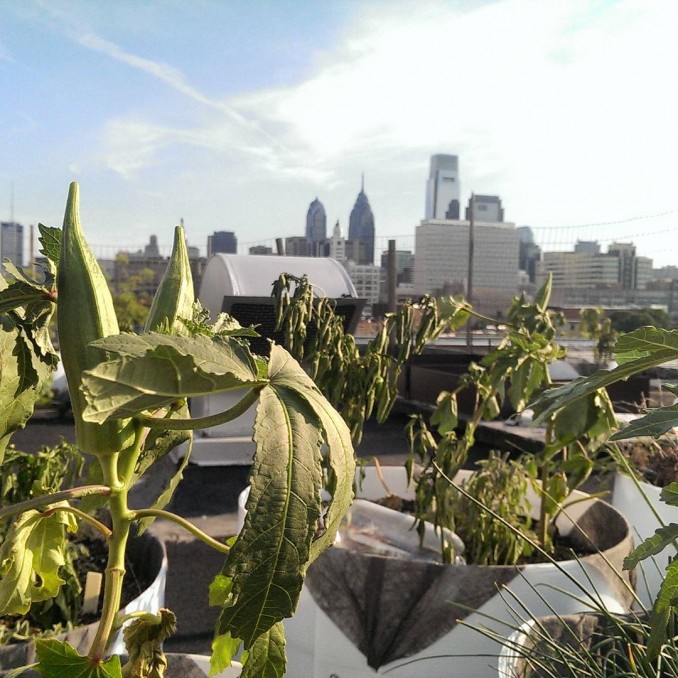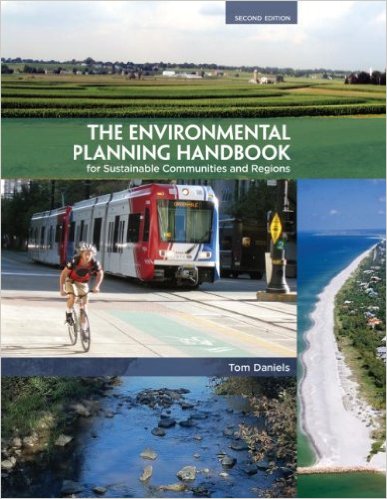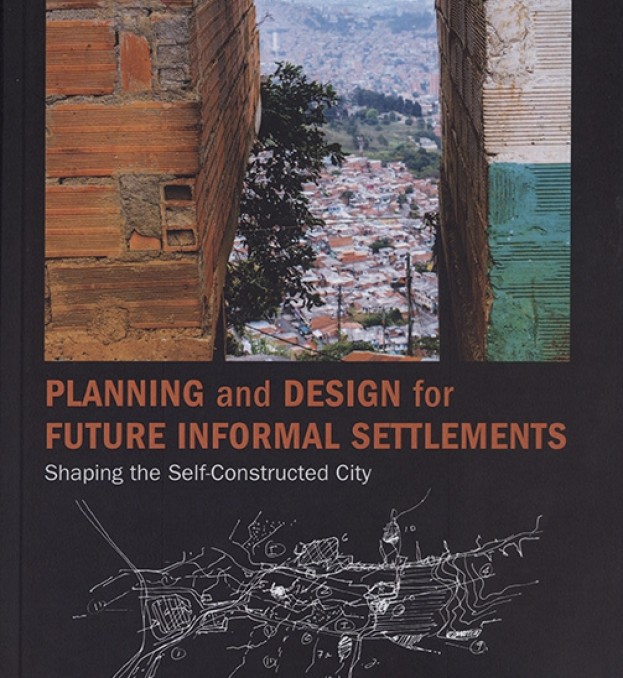Farmers Are Embracing Sustainability–an Interview with Courtney White
“Things are changing. It’s just how do you get them to change fast enough?” In his new book, Two Percent Solutions for the Planet,…
ICLEI Case Studies | Shimla, India
ICLEI Case Studies The ICLEI Case Study series highlights the role of ICLEI Members and other local governments as key drivers and implementers of…
German Institute for Economic Research
The German Institute for Economic Research (DIW Berlin) is one of the leading economic research institutions in Germany. Its core mandates are applied economic…
Institute for Humanities and Social Sciences (INSHS)
Research carried out in the laboratories run by the CNRS Institute for Humanities and Social Sciences (INSHS) helps to build the essential theories and analytical…
Resources for the Future (RFF)
Resources for the Future (RFF) is an independent, nonpartisan organization that conducts rigorous economic research and analysis to help leaders make better decisions and…
The new Urban Water Innovation Network (UWIN)
Aug 3, 2015 With support from a $12 million cooperative agreement from the National Science Foundation, a consortium of 14 academic institutions and key…
Newly updated, The Environmental Planning Handbook
The Environmental Planning Handbook ‘s author Tom Daniels shows local governments, nonprofits, and citizens step by step how to create an action plan for…
Planning and Design for Future Informal Settlements
In the Commons blog, David talks more about his book, Planning and Design for Future Informal Settlements,Shaping the Self-Constructed City, and the process he’s developed called Informal Armatures (IA), a simple working and design approach to foster the emergence of new informal settlements and accompany their sustainable evolution.
Planning and Design for Future Informal Settlements
We are in urgent need of new tools to deal with the processes of informal urbanization. It is mandatory to understanding informality not only as a marginal phenomenon but as mainstream city making and an integral part of hybrid cities in which the formal and the informal can co-exist and interact in a beneficial manner. My recent publication Planning and Design for Future Informal Settlements: Shaping the Self-Constructed City is an attempt to move in this direction.

